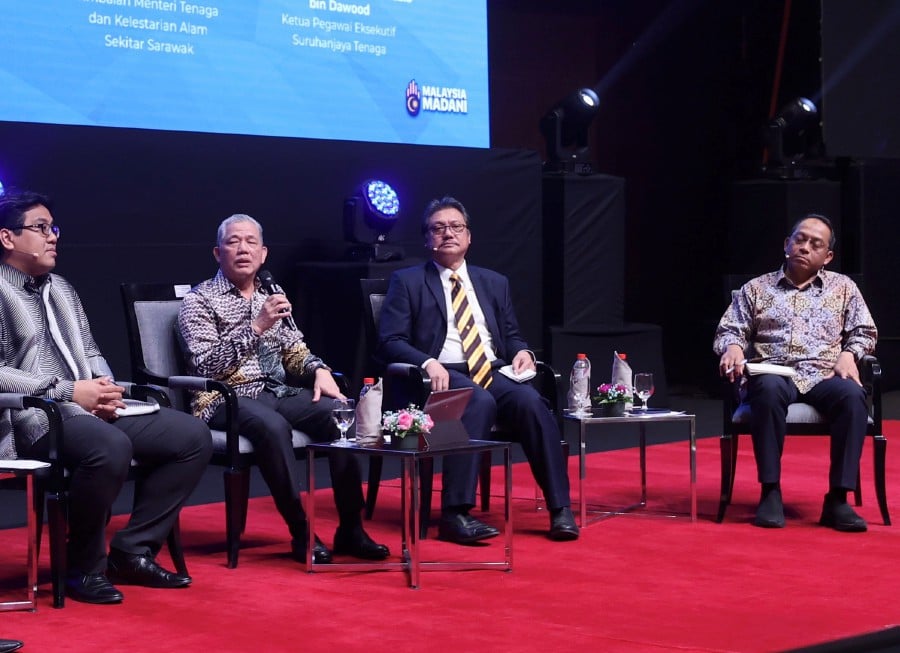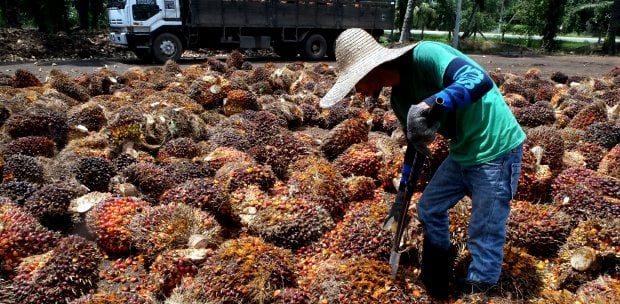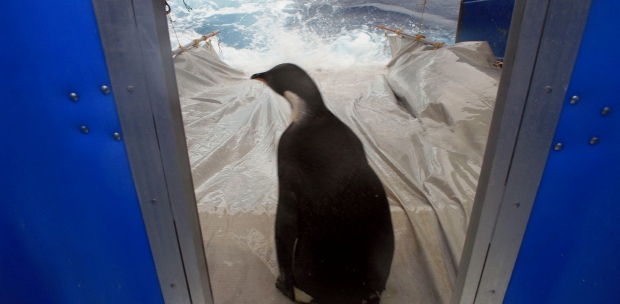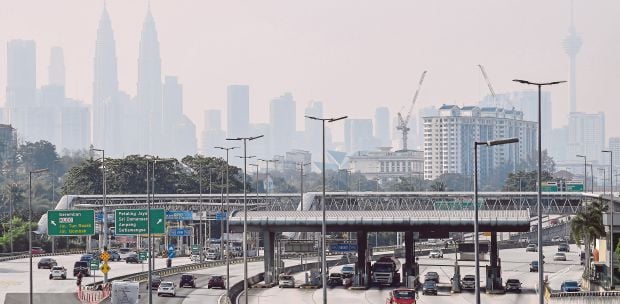KUCHING: Malaysia's journey to a "net-zero" nation is still a long way to go, but Sarawak remains undaunted in its transition to a low-carbon economy, says Deputy Energy and Environmental Sustainability Minister Datuk Dr Hazland Abang Hipni.
Malaysia is one of the 197 signatories of the United Nations Framework Convention on Climate Change in 1992, which pledged to reduce its carbon emission to prevent global warming by keeping the rise in mean global temperature to well below 2°C above pre-industrial levels.
Hazland said with abundant natural resources, a dynamic economy and a youthful population, Sarawak has the potential to "leapfrog development pathways and build a cleaner, greener, more resilient region" as it advances global climate policies by the economic transition.
"As the global community reflects on the outcomes of COP28, Sarawak and the Southeast Asian region remain dedicated to advancing climate policies and speeding up the shift towards a low carbon economy.
"We are confident that with strong leadership, strategic investments and collaboration among stakeholders, our region can serve as a shining example of green growth and sustainable development," he said today.
Hazland pointed out last year, Sarawak achieved a milestone year by being the first state in Malaysia to enact groundbreaking legislation addressing climate change through the Environment (Reduction of Greenhouse Gases Emission) Bill.
This pioneering law aims to control greenhouse gas emissions, promote carbon-capture and storage technologies and achieve zero emission by 2050.
It mandates businesses to submit reports on carbon emissions and sets emission limits with penalties for non-compliance.
Hazland said in building on this progress, the Sarawak government intends to establish, among others, carbon pricing mechanisms, energy transition strategies, a digital carbon management platform and a hydrogen economy, besides promoting the use of biofuels, offshore wind and energy-efficient technologies.
"These actions align with Malaysia's commitments under the Paris Agreement to reduce carbon intensity by 45 per cent by 2030.
"Given its energy resources, Sarawak is well positioned to take a leading role in driving decarbonisation efforts across the country," he said.
Sarawak, Hazland added, also recognises the urgent need to balance economic development with forest conservation as the state's forest, the largest in the country, is a critical carbon sink.
"To protect these precious ecosystems, we are investing in nature-based solutions like reforestation, while strictly regulating industries like palm oil."
On top of that, he said Sarawak is also pioneering innovations in algae-based biofuels, as green alternatives to fossil fuel. The continental shelf also offers immense carbon storage capacity, with projects like the Kasawari offshore carbon capture and storage (CCS) development poised to capture millions of tonnes of carbon dioxide per year.
"By protecting and enhancing our natural capital, Sarawak aims to become a net carbon sink.
"Success will require unwavering political will, sustained investment flows, tech transfer support and a just transition for communities," he said.
He called on the global community, especially developed nations who are the biggest carbon emitters on the planet, "to partner with us through robust climate finance, capacity-building and knowledge-sharing".
"Together, we can turn the tide and secure a thriving planet for generations to come," Hazland said.





